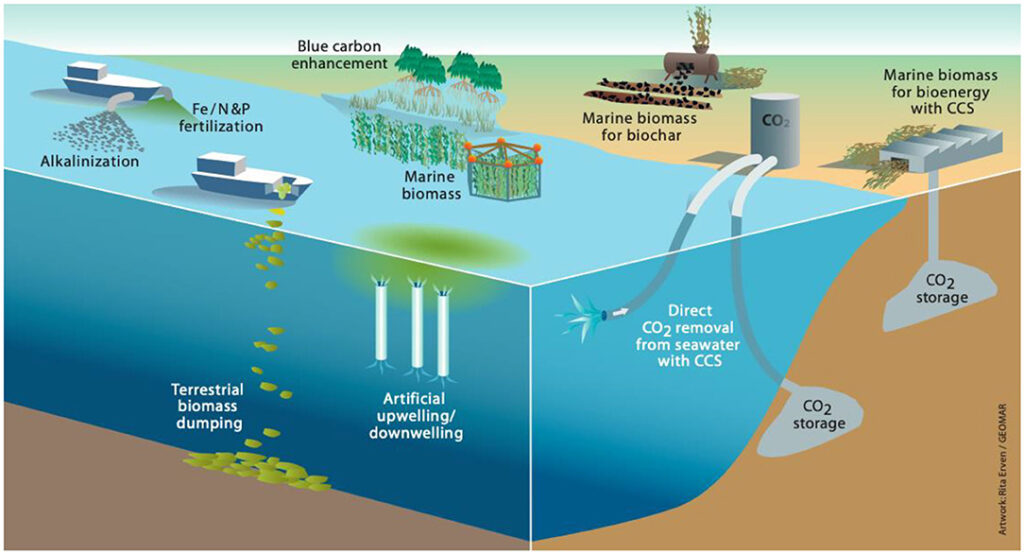Carbon Removal Start-Up Successfully Completes the World’s First Seaweed Baling and Sinking Test
Posted
Last Updated
Seafields, a carbon removal company based in the UK, has shared details of the world’s first seaweed biomass sinking trials for carbon removal to test the impact on the surrounding environment.
This is the world’s first sinking test of its kind, and the first test to assess environmental impact.
This trial is Seafields’ first step towards an environmental impact study and will assess four different types of biomass—unprocessed Sargassum, Ulva (green algae), kelp and terrestrial biomass. Sinking to the bottom of the sea floor, it’s anticipated that the bales of seaweed will be able to lock away carbon for millennia, helping to reduce atmospheric greenhouse gas concentrations in the future, whilst limiting the impact on the ocean floor to a minimum.
John Auckland, CEO of Seafields, said: “This is an incredibly exciting project for all involved and a big milestone in Seafields’ monitoring, reporting, and verification (MRV) process. Three different types of seaweed are being explored together with terrestrial biomass for their effects on the deep-sea community because it’s crucial that we prove our hypothesis that the bales have little impact on the life down there and have a slow degradation rate. Not many studies give us information about the decomposition of seaweed under natural conditions on the deep-sea floor, despite this knowledge being crucial. The hope is that the effect is minimal and that we can do this on a much larger scale one day at specially selected sites.”
Joining forces with Running Tide and the Alfred Wegener Institute, Helmholtz Centre for Polar and Marine Research (AWI), the team deposited the bales in June during an expedition to AWI’s LTER (Long-Term Ecological Research) Observatory HAUSGARTEN on the RV Polarstern at a depth of 3483 meters.
Continue reading at ecomagazine.com.

